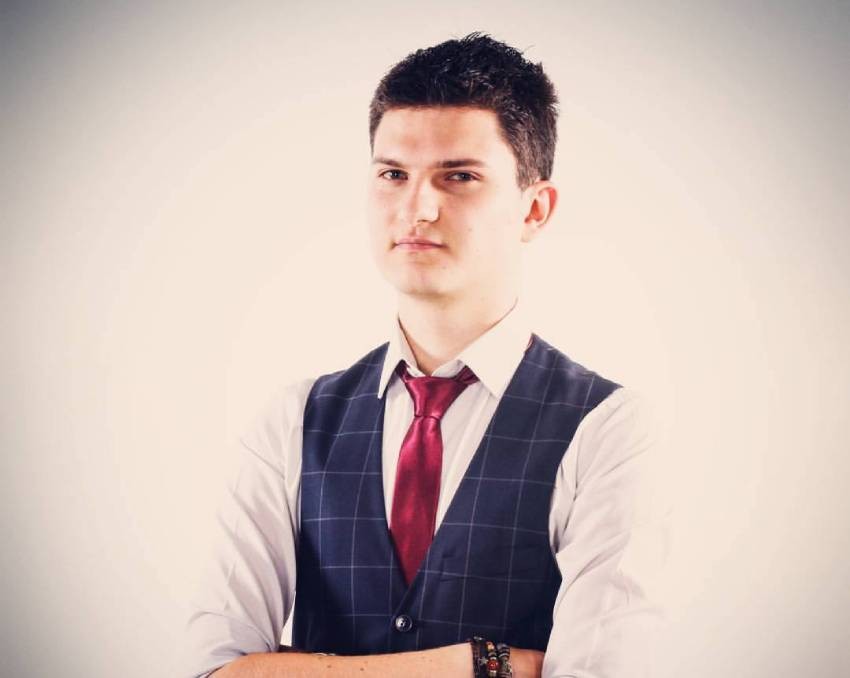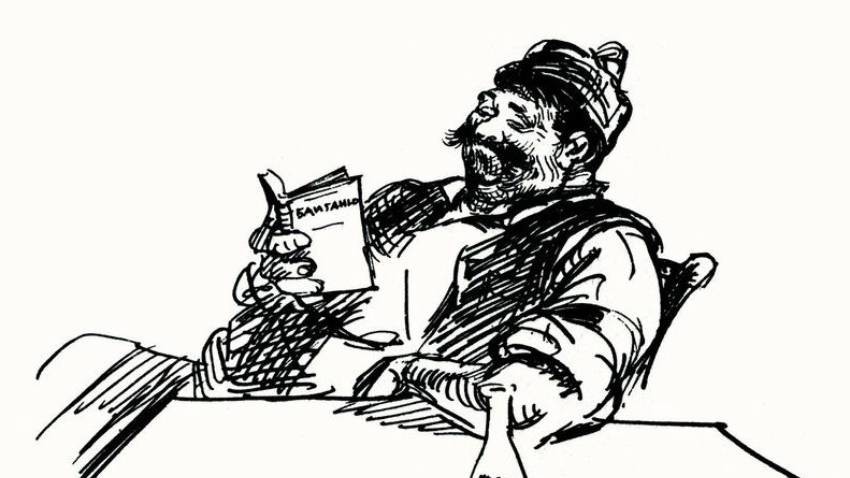145 years have passed since the Liberation of Bulgaria from the Ottoman Rule. On March 3, 1878, the San Stefano Peace Treaty was signed between Russia and the Ottoman Empire, which ended yet another Russo-Turkish war, which turned into a war of liberation for us, Bulgarians. Our country, although still severed from large territories inhabited by Bulgarians (Macedonia and Eastern Rumelia remained possessions of the Ottoman Empire), reappears on the political map of Europe as the Principality of Bulgaria, including the northern part of the country and the Sofia region.
Although this is one of the most ardenly and longest-awaited dates in Bulgarian history after five centuries of foreign oppression, and marked the achievement of one of our national ideals - freedom, it is not unequivocally accepted by Bulgarians today and causes controversy.
RB’s Joan Kolev talks to musician Hristiyan Ivanov whose interest in Bulgarian history was provoked by the Bulgarian folklore and folk dances years ago, while he was living and studying music and psychology in Scotland.

"I've been thinking a lot about March 3rd. But this date, as unifying as it is for us as a people and a country returning to the political map of Europe, it is also dividing, because to this day this national unification, for which all the revolutionaries and people who worked for the Bulgarian causenever happened in the way they imagined it," Hristiyan Ivanov says.
According to Hristiyan, the division in Bulgarian society between "philes" and "phobes", which is a fact in our society far from only historical issues, can be overcome. For this purpose, it is particularly important for each of us to develop the ability to think critically and sift the reliable information from the misinformation.
In the modern digital world, this is a difficult task, but still not impossible. And Hristiyan has his mission in this direction - together with like-minded people, he has created the video project Bukvar "School Primer" through which they interpret various events, facts and theories related to Bulgarian history and stereotypes.
Compiled by Bulgarians who returned from abroad, and inspired by the first textbook in the modern Bulgarian language from the 19th century, the work of Peter Beron, the series does not yet have a specific number of episodes, but its goal is clear - to debunk the notions that prevailed over time that Bulgarians are a projection of the notorious literary character created by Aleko Konstantinov - Bai Gagno, summarizing, through the means of satire, some characteristic features of Bulgarian psychology.

“There may be people who tend to agree that their essence is like that of Aleko’s character, but there are also foreigners who crossed our country on their way to Istanbul, who described a completely different reality. While traveling in our country, they relied above all on the hospitality and help of the people in the villages. They write in their diaries that the Bulgarians are extremely clean, hardworking and ready to welcome them, feed them, their homes shine with cleanliness. Our goal is to show part of these documents and both points of view, and to leave the judgment to each of our viewers" - state the young patriots, and hope that historical documents and books will occupy a more serious place in the lives of young Bulgarians, now occupied by mobile device screens.”
It is also important for the team to acquaint the viewers with enough facts to make them look with different eyes at the place where they were born, the values and the memory that the Bulgarian nation has preserved over the millennia until today.
There is a special workshop for pottery - of the royal kind – used by the boyar families from the time of the Second Bulgarian Kingdom (12 th – 14 th C.) in what was once the capital of Bulgaria – Veliko Tarnovo. The workshop is located at the..
From May 12 to 18, the town of Gabrovo will once again become a stage for emotions and creativity with its traditional, colorful carnival full of humor and jokes. This year, the lively fiesta coincides with the 165th anniversary of the city's founding..
An e-learning platform developed by scientists at the Cyrillo-Methodian Research Centre at the Bulgarian Academy of Sciences facilitates the introduction of the scientific approach in secondary education. The information is free of charge and is..
The work of the Bulgarian Sunday School "St. St. Cyril and Methodius" in Egypt has been restored after a long interruption, announced the Minister of..
On the occasion of International Children's Day - June 1, the Bulgarian State Railways is organizing a retro attraction trip from Sofia to Pernik and back..
The independent mayor of Bucharest is the new president of Romania Nicusor Dan won the second round of the presidential election in..

+359 2 9336 661
